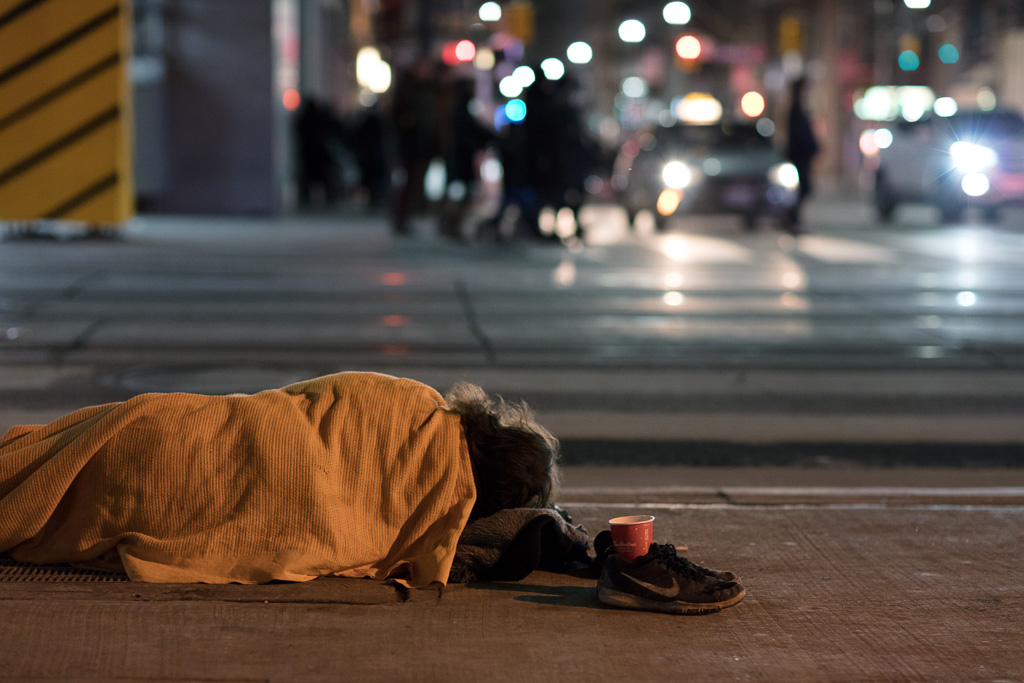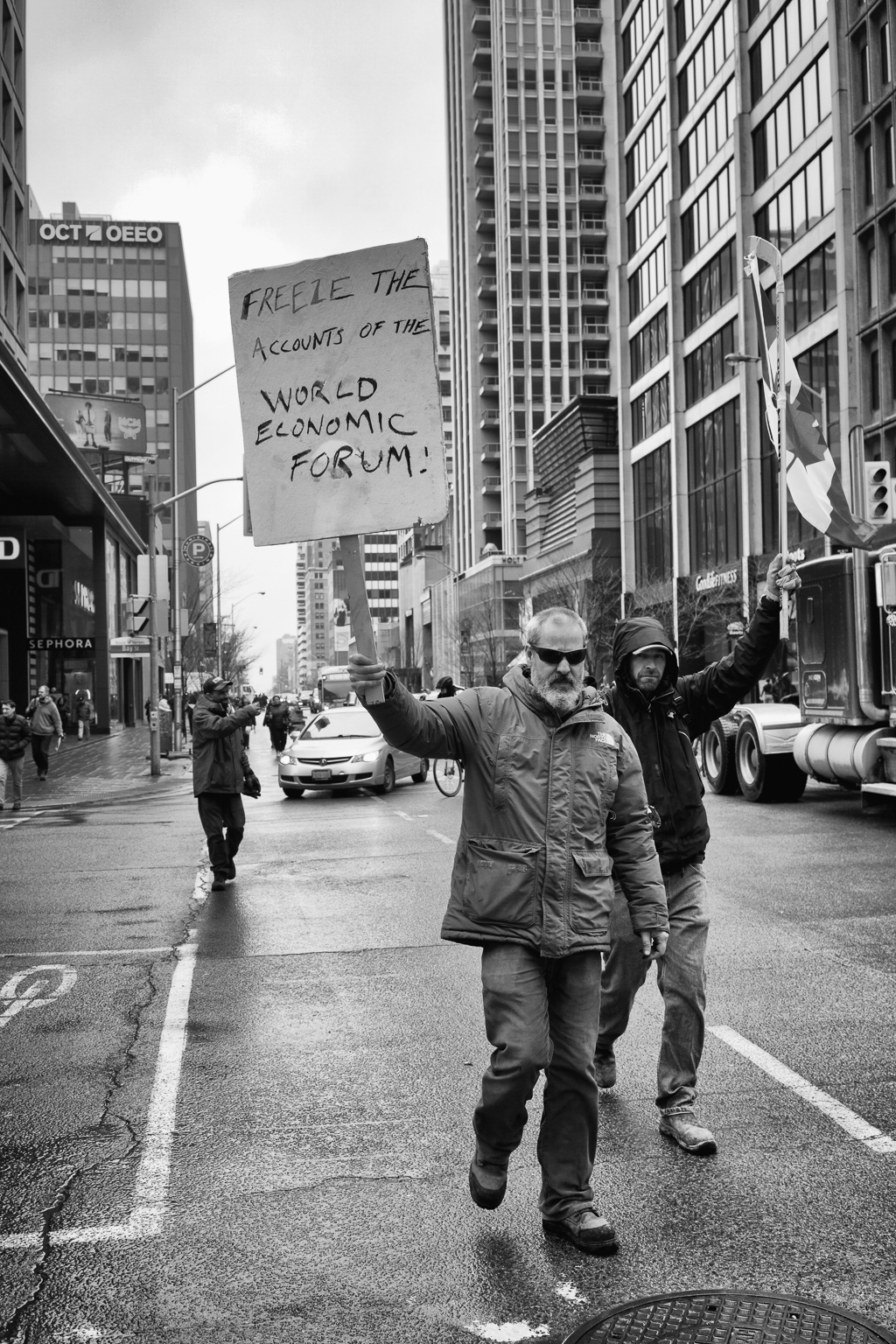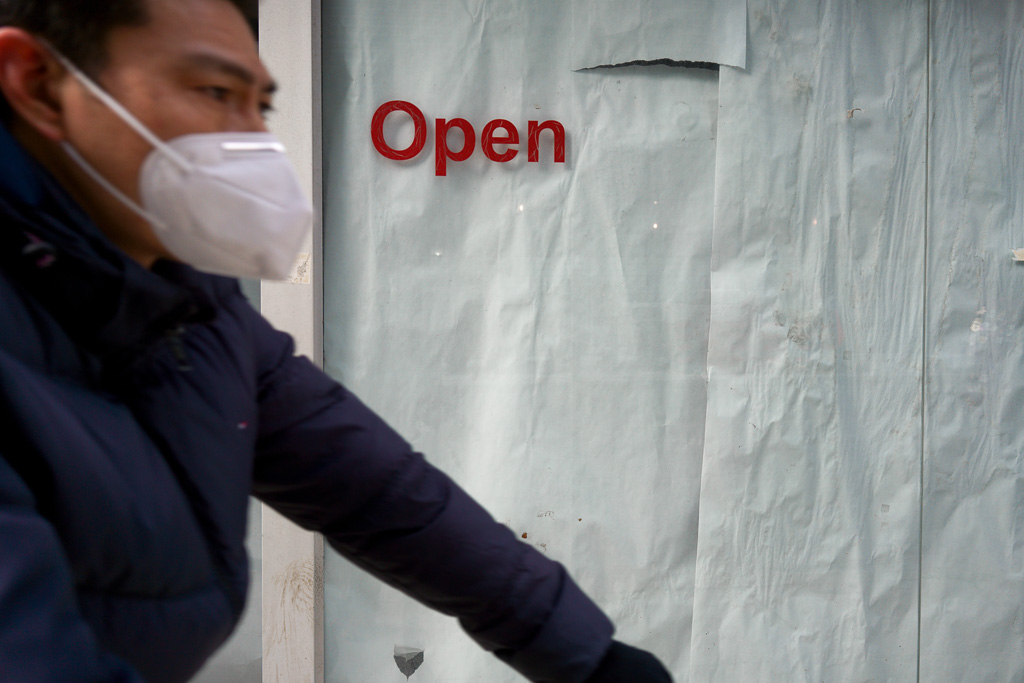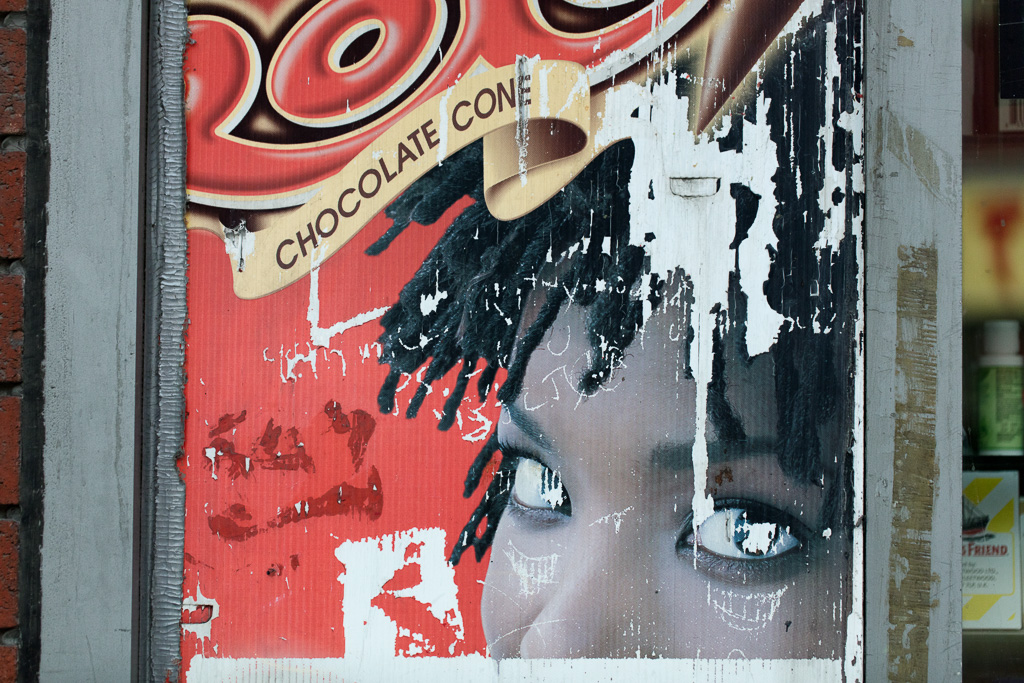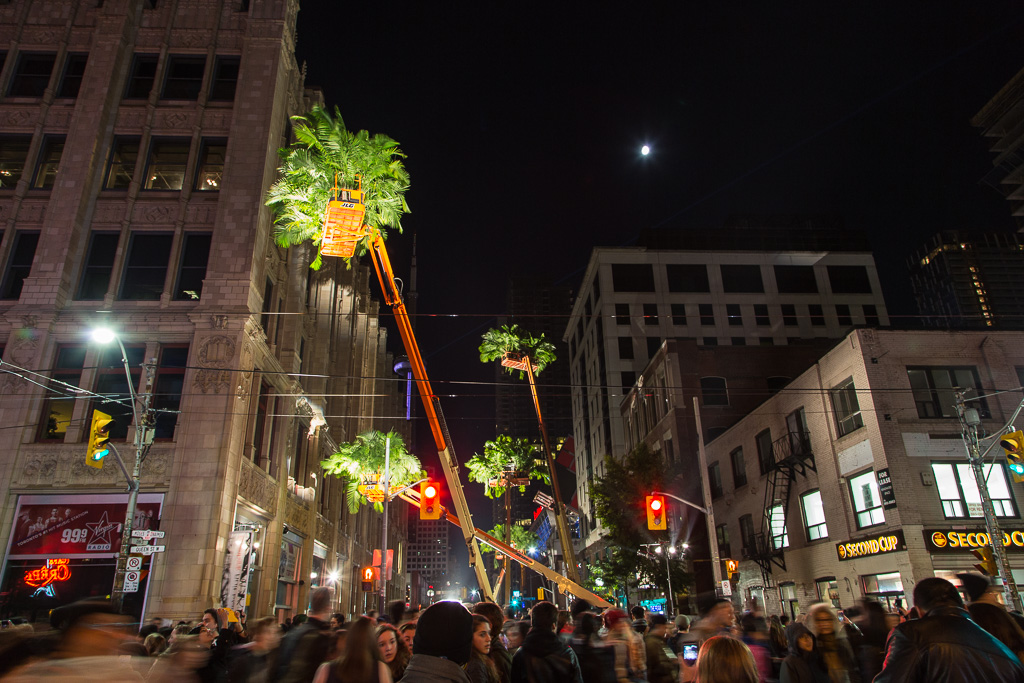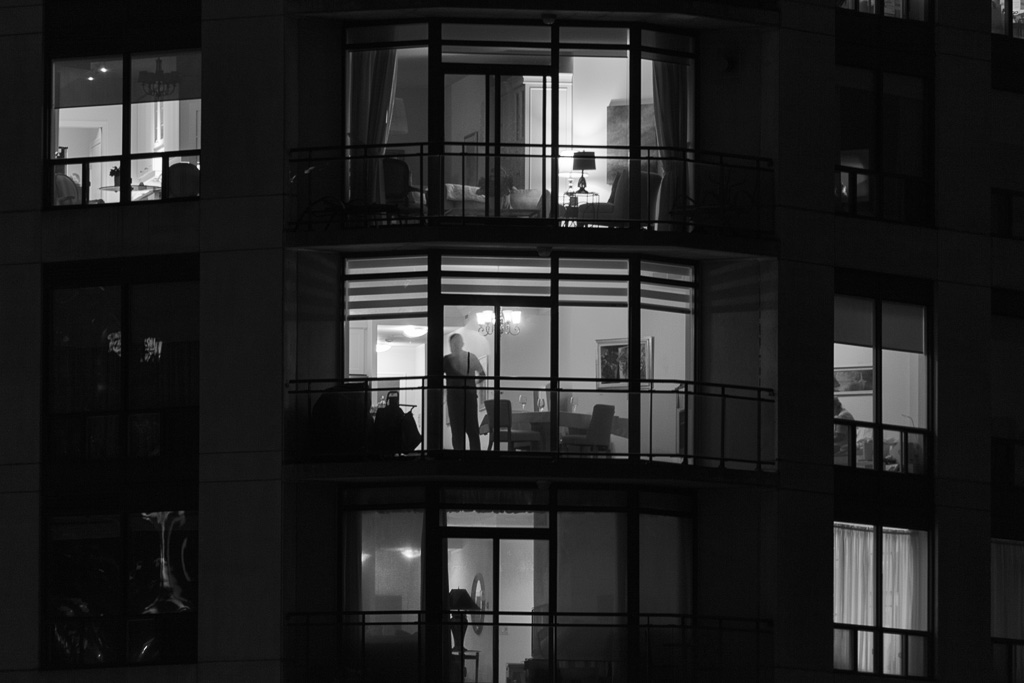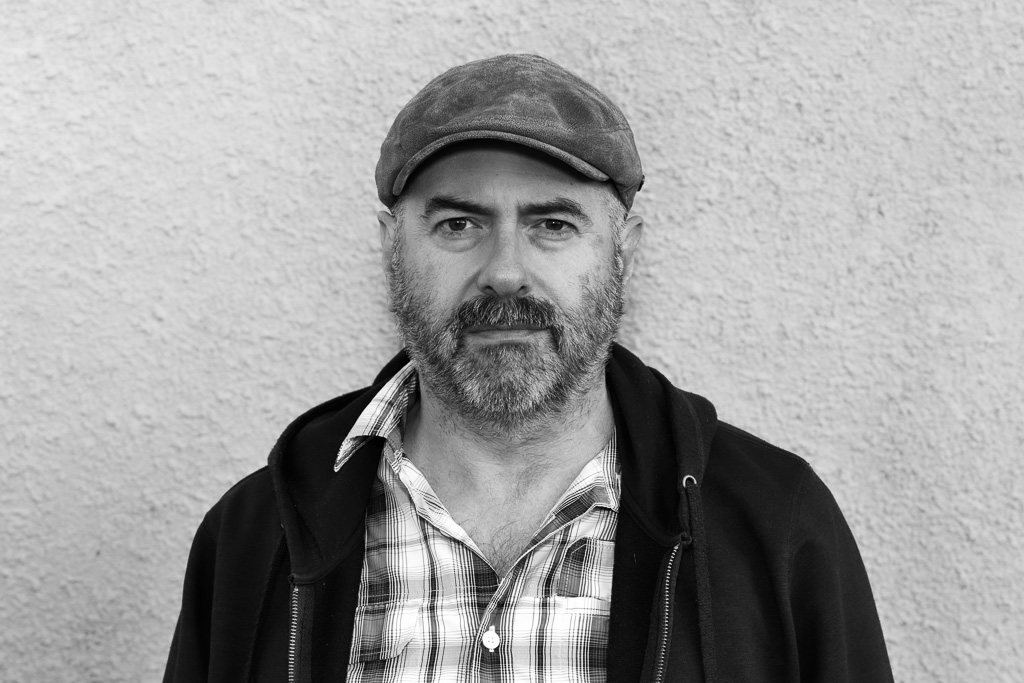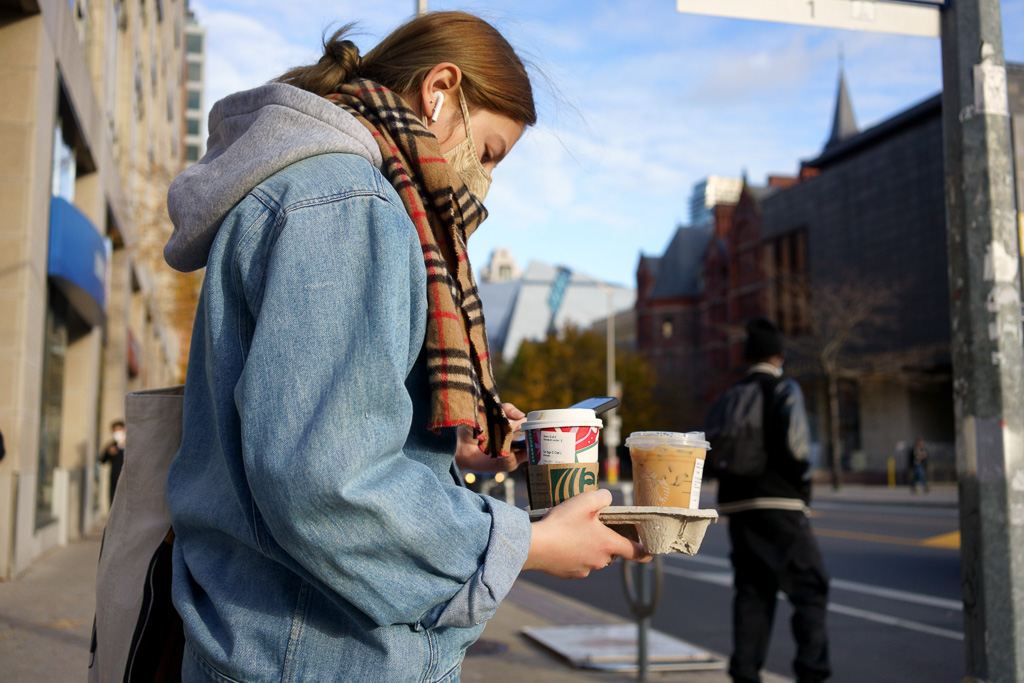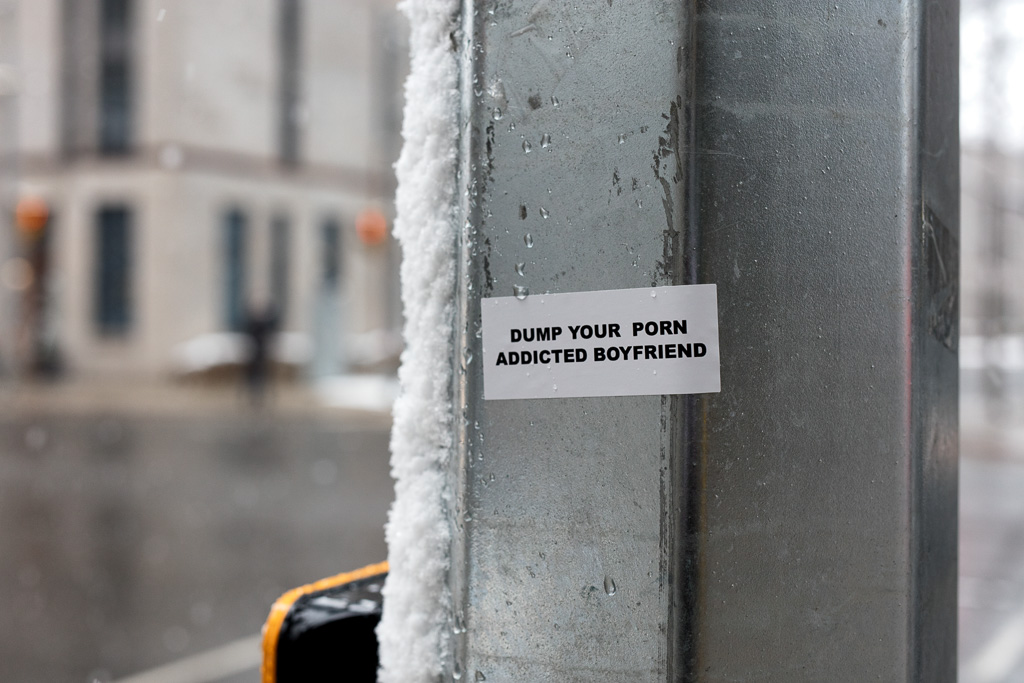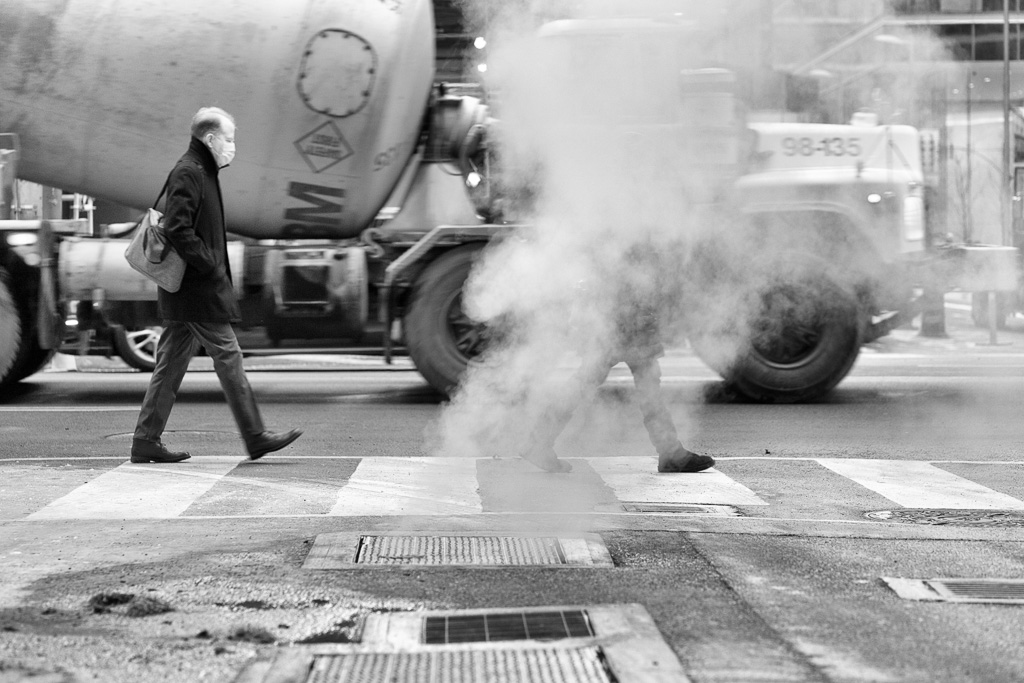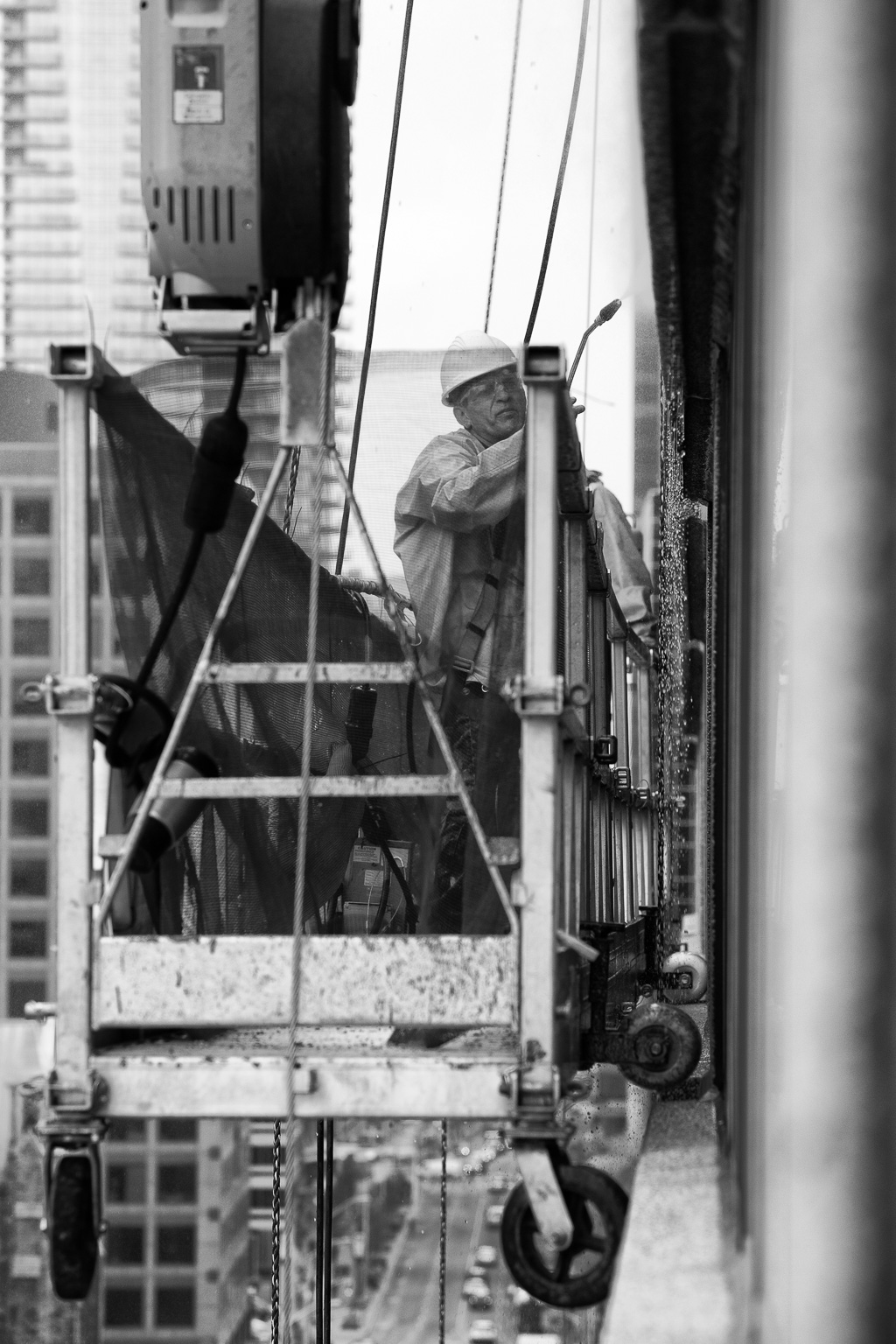
He walked to the elevator and pressed the down button. There were the usual sounds of whooshing and clanking as the elevator cars zipped up and down their respective shafts. The bell dinged and the doors to the left car slid open. He took a single step toward the open doors when he remembered that he had meant to bring sunglasses. The weather forecast called for a sunny day and he planned to spend as much of it as possible outside. He said “Sorry” and retreated back down the hall, laughing at himself for apologizing to an elevator. Such a Canadian thing to do.
When he’d located his sunglasses, he returned to the elevators and again pressed the down button. Again, he listened to the sounds of whooshing and clanking. This time, however, he suspected the car on the left whooshed right past his floor and went on up to the penthouse. He glanced at his watch while he tapped a foot on the carpet. He reviewed a conversation he’d had the day before with a colleague from work and tried to come up with the perfect retort to the colleague’s discomfiting passive aggression. Too late, he supposed. His therapist said this sort of thing was a waste of mental and emotional energy, but he couldn’t help himself. It was the adult version of his childhood superhero fantasies. Instead of Superman, he was Perfect Comeback Guy.
The elevator took so long, he began to suspect they’d put one of the cars on service, maybe for a big delivery like a fridge or a washing machine. When at last he made it to the lobby, he looked back at the two elevators to see if they’d put one on service, but no, both were operating normally. At the end of the day, he stepped into the lobby and a group of residents was boarding the car. It looked crowded so he took the stairs instead. Although they lived on the 15th floor, he didn’t mind the climb; it would be good for him.
In the evening, after dinner, he and Elaine went down to the 4th floor terrace where they could stretch on lounge chairs and share a drink and read by the evening light. He pushed the down button and waited. Even Elaine noted that the elevator was taking longer than usual. At one point, it seemed as if the car raced right past their floor. There were clanks and rumbles and stutters and jitters. When the door opened, it did so with a screech that made them feel nervous about stepping into the car. Even so, as Elaine reminded him, she wasn’t about to use the stairs, not with her sciatica. They pushed the button for the 4th floor and Elaine joked that in predominantly Chinese buildings there was no 4th floor because it was like going to Death floor. She laughed and said they were going to the floor of Death. He scowled at his wife and wondered why she was being so cheerful.
After they had gotten themselves comfortable on a pair of lounge chairs, he confessed to Elaine that the elevator had been giving him a strange vibe. He worried that the elevator had it in for him. Elaine laughed and told him not to be silly. She asked why he couldn’t resort to alcoholism like a normal husband.
He accused Elaine of being flippant.
Elaine gathered herself in the silence then asked if he had talked to his therapist about it.
It only started today, he said. I don’t see my therapist until next week.
When it grew dark, they left the terrace and walked to the elevators. As she pushed the up button, Elaine promised to hold his hand.
He grimaced, saying it wasn’t an issue of fear. It was just something he knew. In his bones.
When they stepped into the car, Elaine pushed the button for the 15th floor but when the elevator arrived and opened its doors, they found themselves staring out into the lobby.
Do you see? Do you see what I mean? It has a mind of its own, and it doesn’t like me.
Elaine pushed the button again for the 15th floor and, as the doors closed, she wondered aloud if maybe he shouldn’t bring it a gift or perform an act of atonement for hurting its feelings.
Although her ideas seemed reasonable, he couldn’t help but think his wife was mocking him. He could feel it in his bones. She was giving him a strange vibe.

